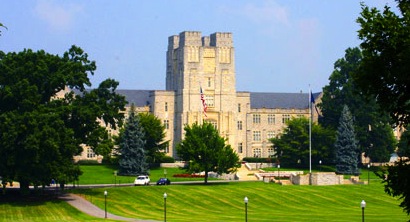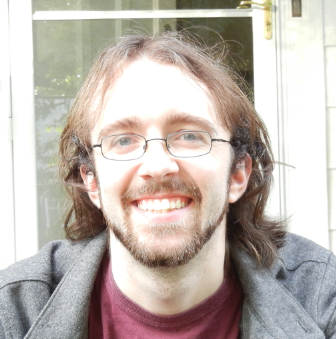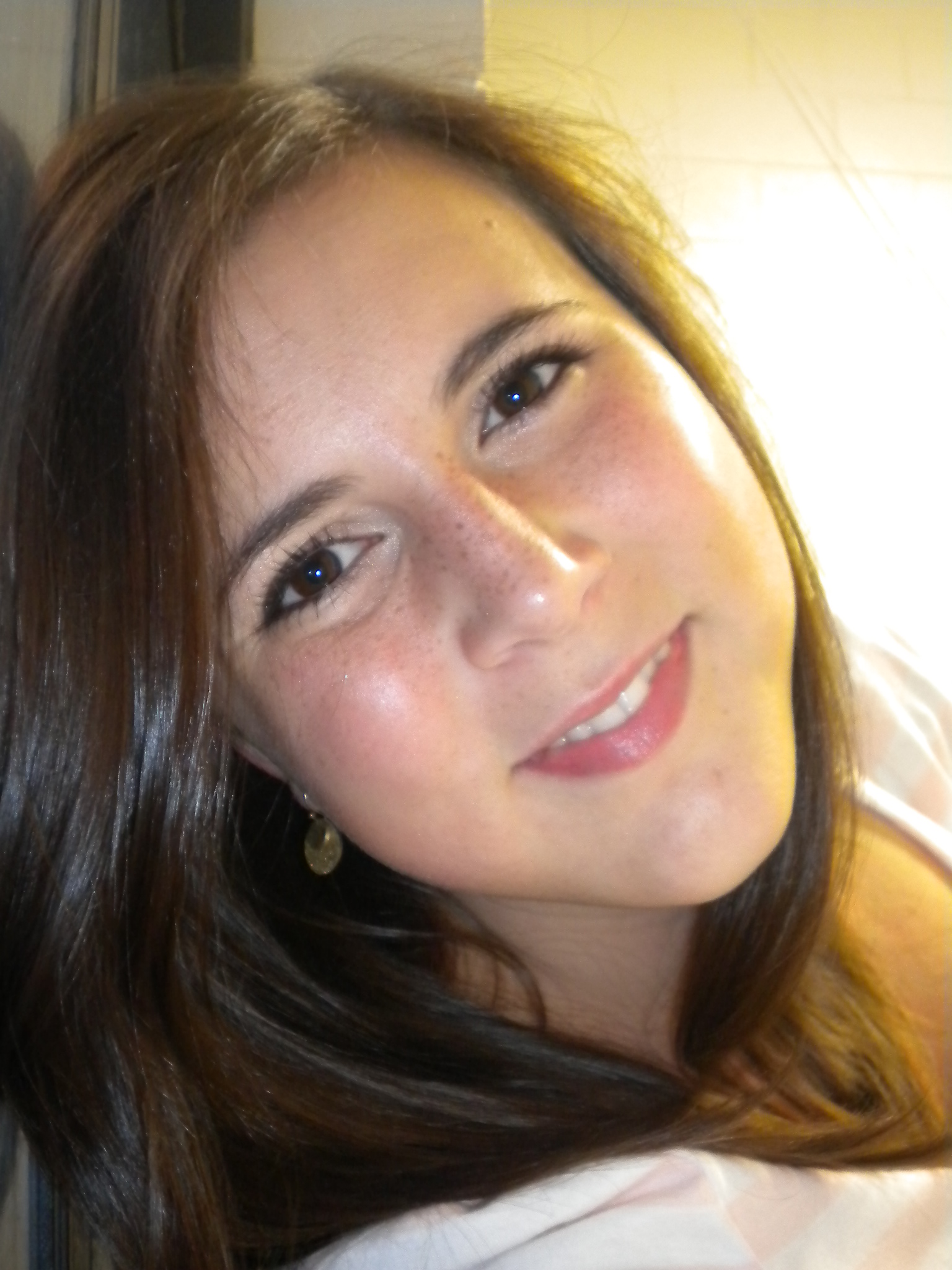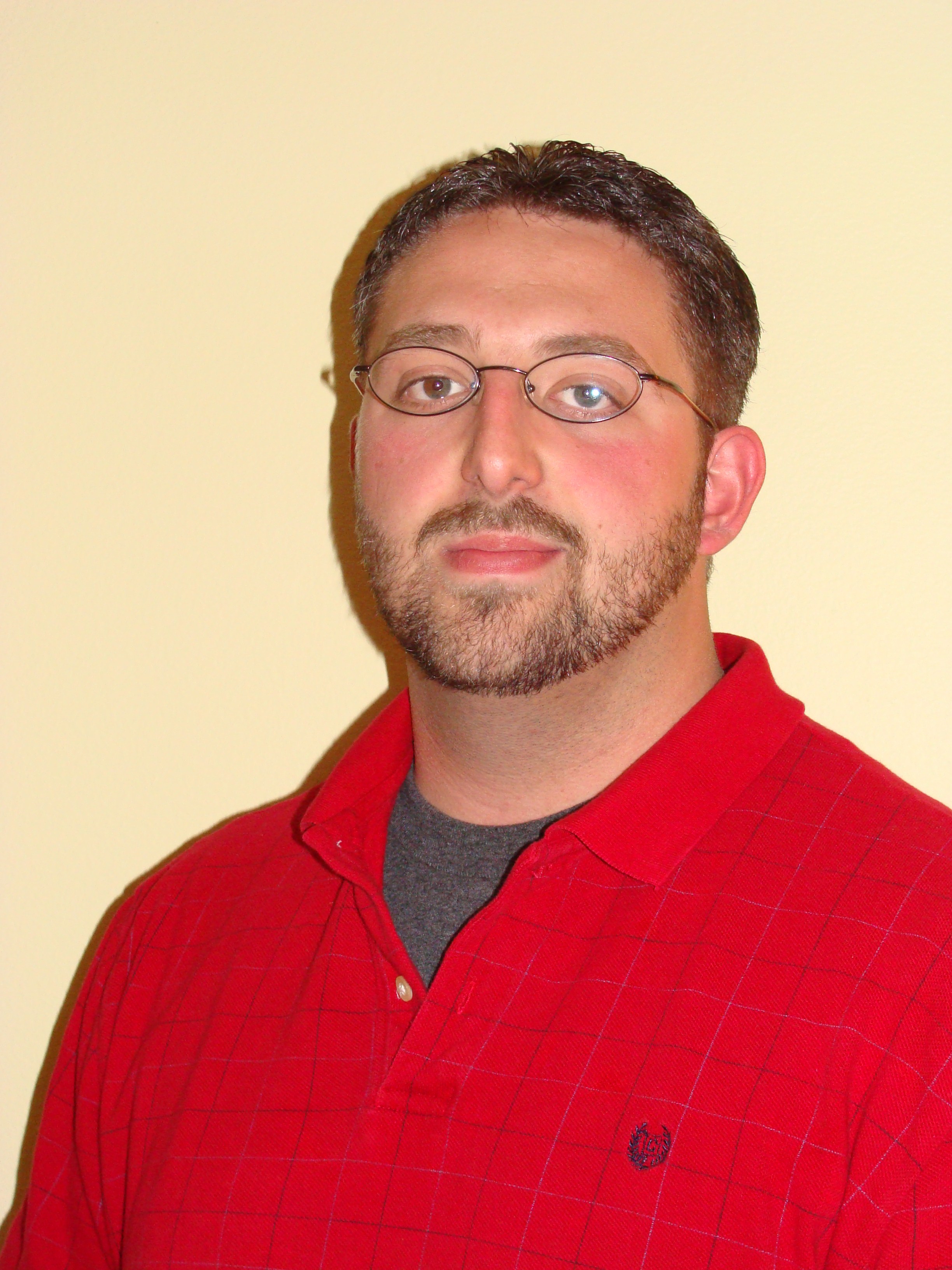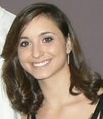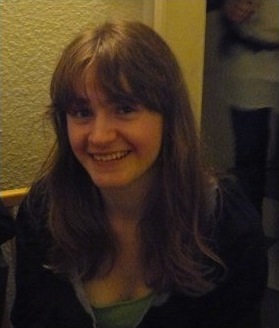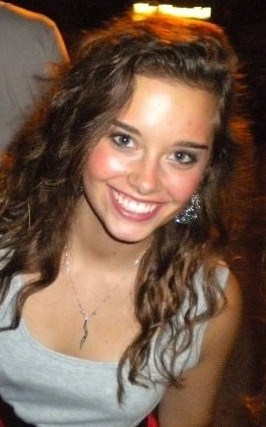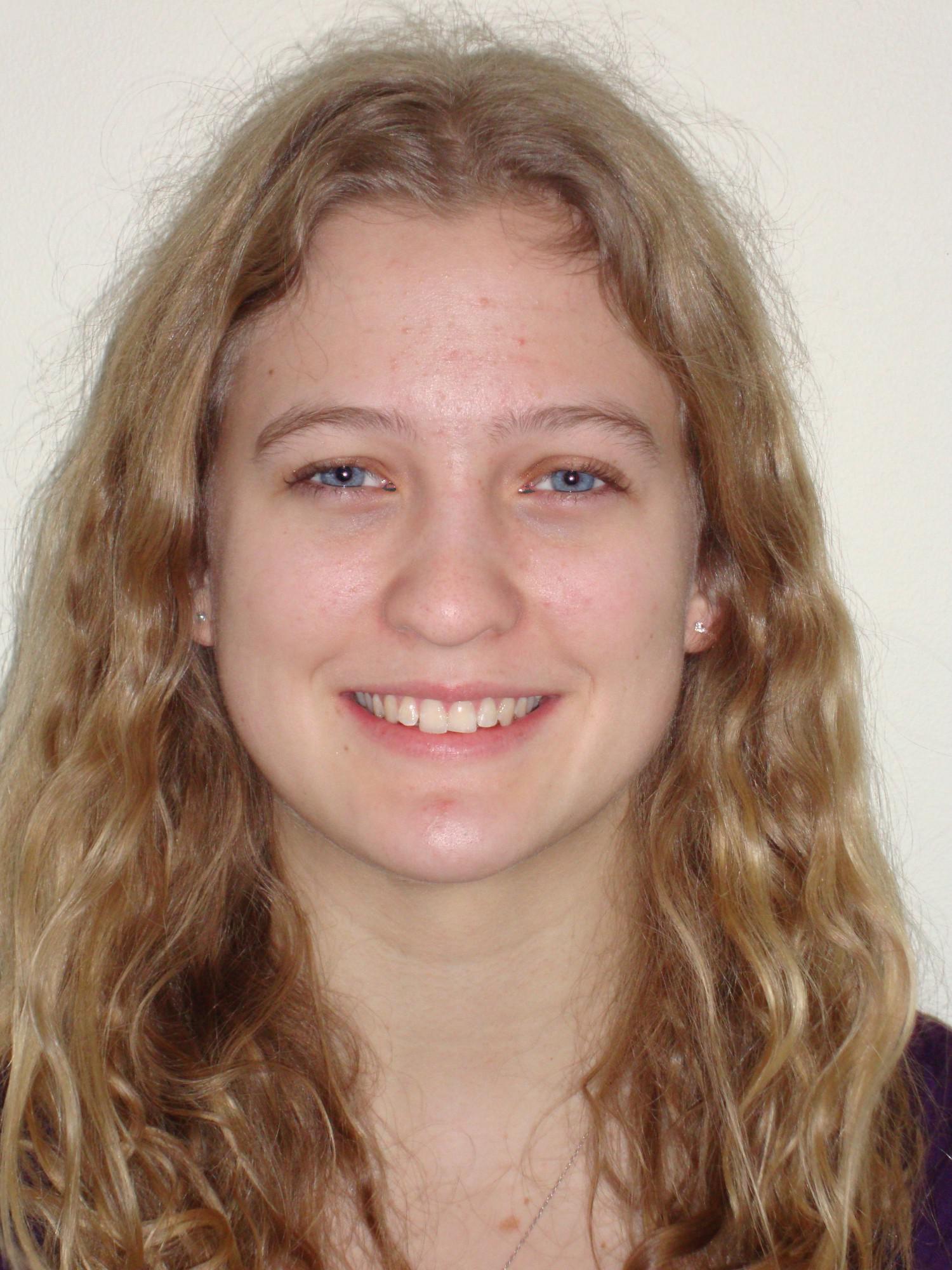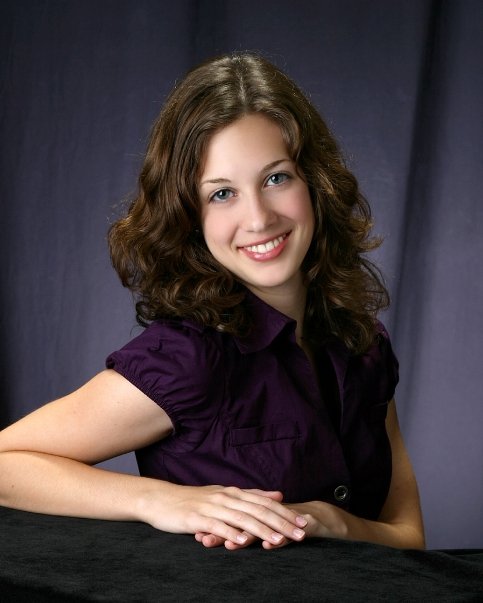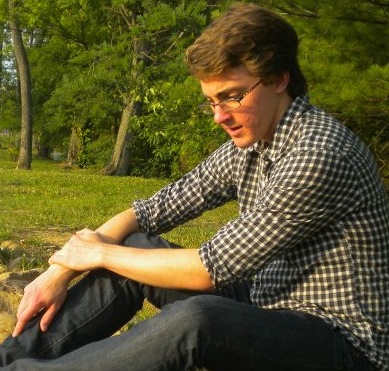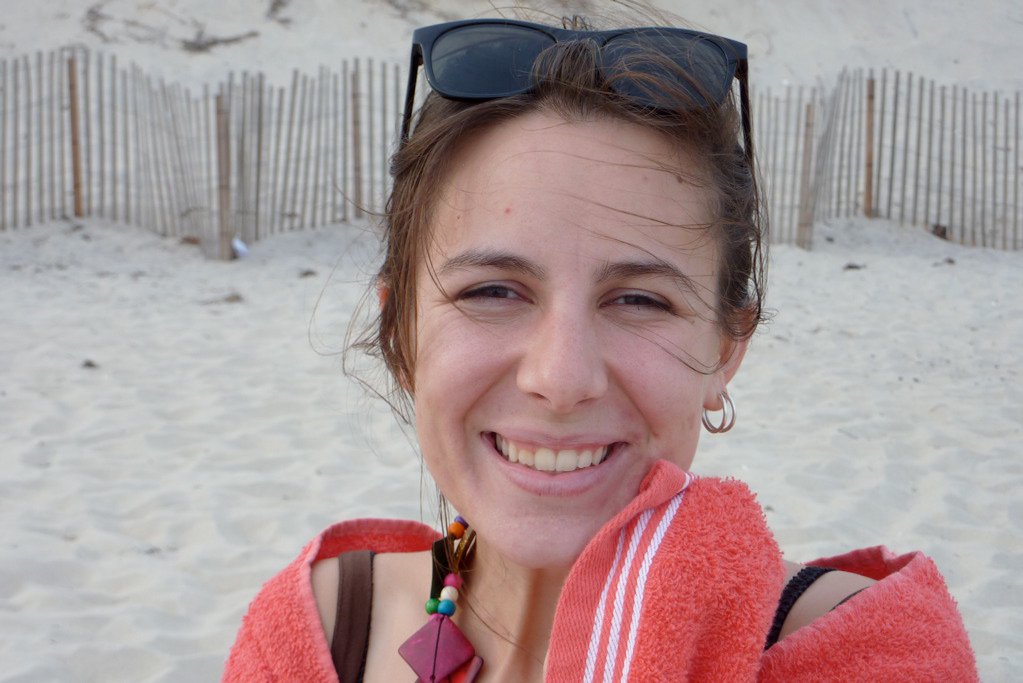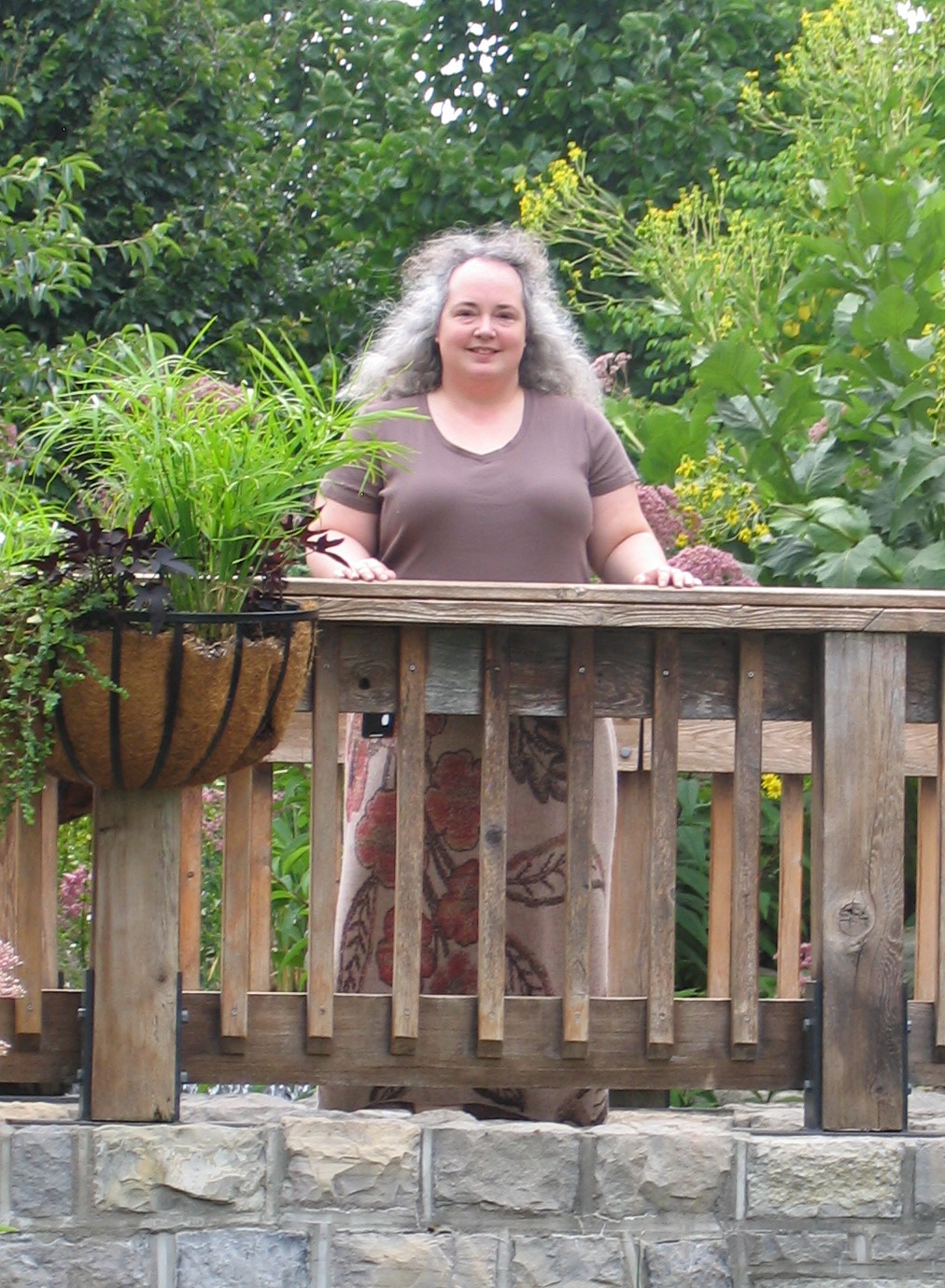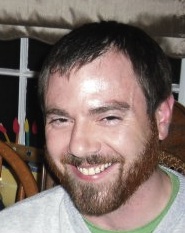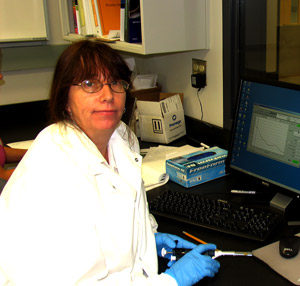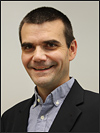Team:Virginia Tech/Team
From 2011.igem.org
| Line 25: | Line 25: | ||
{| | {| | ||
|[[File:Mark_Stewart.png|left|120x160px|]]|| <big><b>Mark Stewart</b></big> is a computer science and biochemistry student at the University of Maryland. He is interested in software development, particularly with respect to application tools for the research sciences and social media. His other interests include data visualization, scientific futurism, skeptical inquiry, and kittens. D'aw, kittens. He will graduate in 2012 and be pursuing a career in software development. | |[[File:Mark_Stewart.png|left|120x160px|]]|| <big><b>Mark Stewart</b></big> is a computer science and biochemistry student at the University of Maryland. He is interested in software development, particularly with respect to application tools for the research sciences and social media. His other interests include data visualization, scientific futurism, skeptical inquiry, and kittens. D'aw, kittens. He will graduate in 2012 and be pursuing a career in software development. | ||
| + | |- | ||
| + | |[[File:space.jpg|30px]] | ||
|- | |- | ||
<br> | <br> | ||
Revision as of 01:01, 29 September 2011
| Home | Team | Official Team Profile | Project | Parts Submitted to the Registry | Notebook | Safety | Attributions |
|---|
Who we are
The Team
The Advisors
| Laura Adam is a PhD student in Genetic, Bioinformatics and Computational Biology at Virginia Tech. Previously, she earned a master degree in Computer Science and Applied Mathematics in the french engineering school ENSIMAG. At present, she works on GenoCAD; her research, supervised by Dr. Jean Peccoud, focuses on using computational linguistics to design synthetic constructs. She also advised the 2010 VT-ENSIMAG iGEM team who worked on GenoTHREAT, a biosecurity software.
Website: http://web.me.com/laura.adam/Laura_Adam/Welcome.html Contact: ladam@vbi.vt.edu | |
| Julie Marchand received her Master degree in Cellular and Molecular biology from Laval University in Quebec city, Canada. Her dissertation consisted of studying how the various molecular structures of the small heat shock protein 27 (Hsp27) affect its cellular functions and localization. In 2008 she joined the Synthetic Biology Group at VBI where she focuses on designing and fabricating molecules as well as genetically modified microorganisms used for live cell imaging or the validation of in Silico simulations. | |
| David Ball received his Ph.D. in Physics from the University of Tennessee Space Institute in 2006. His dissertation work focused on the development of hardware to improve the throughput of Fluorescence Correlation Spectroscopy (FCS) to be used for determination of binding efficiency in drug discovery assays. Through the course of his graduate work, Dr. Ball was involved in the design and construction of custom optical systems for the detection of single fluorescent molecules, as well as the characterization of photon detectors.
In 2007, David joined the Synthetic Biology group at VBI as a Postdoctoral Research Associate, and later became a Senior Research Associate under the supervision of Jean Peccoud. Here, he has developed image processing algorithms for analyzing time-lapse microscopy movies, in order to extract gene expression data on single cells in vivo using fluorescent protein fusions. This work has been used in collaboration with John Tyson to explore protein expression in the yeast cell cycle. Currently, Dr. Ball is improving this software to allow for real-time image processing, in order to adaptively control microscope acquisition. | |
| Dr. Martha Eborall earned her Ph.D. at Virginia Tech. She is currently a Professor of Biology at Bluefield State College, teaching a diversity of classes including Microbiology. While participating in a RET at Virginia Bioinformatics Institute, she worked with Virginia Tech’s 2007 iGEM team. Last year she served as a faculty advisor for the Virginia United iGEM team. She has returned this year to advise the 2011 Virginia Tech team. Her iGEM experiences have been very rewarding. | |
| Dr. Jean Peccoud is an expert in computational synthetic biology. His current scientific interests include the development of linguistic models of DNA sequences, the optimization of DNA fabrication processes, and the development of new instruments to measure the dynamics of gene networks in live cells. Dr Peccoud's group is leading the development of GenoCAD, an open source web-based application to design synthetic DNA molecules from libraries of standard genetic parts. In the 1990s, Dr Peccoud pioneered the development of stochastic models of genetic networks.
Dr Peccoud joined the Virginia Bioinformatics Institute at Virginia Tech in 2006 as Associate Professor. Prior to joining VBI, he was responsible for a research program at Du Pont focused on gene and regulatory network discovery, the design of DNA transformation vectors, and the development of methods to analyze the genetic properties of gene networks. Dr Peccoud has been a visiting professor in the department of electrical engineering at the University of Washington, a visiting scholar with Wolfram Research, and the recipient of a NATO Fellowship. He serves as Academic Editor of PLoS ONE. |
 "
"
